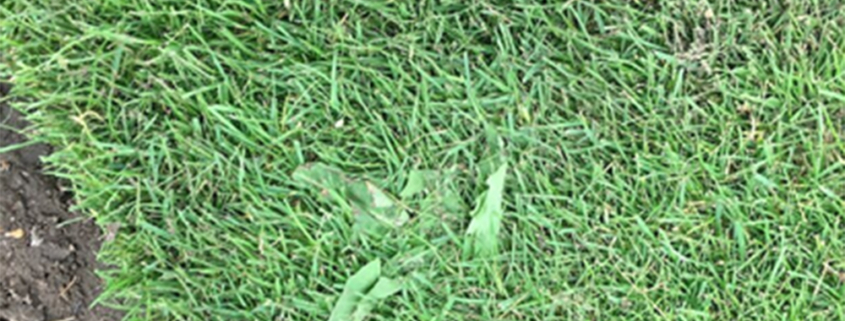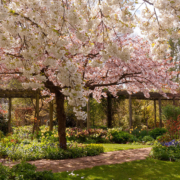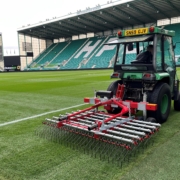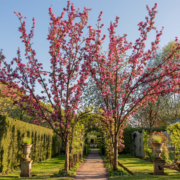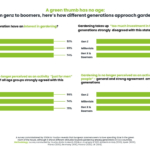Why We Should Stop Killing Weeds in Lawns
Why We Should Stop Killing Weeds in Lawns: The Lawn Association team know that when we we delve into the history of lawns, we uncover a lot about the values of past societies. However, beneath the surface lies a hidden truth. In our busy lives, we often accept things without questioning their origins and significance.
What’s considered a ‘weed’ is essentially a plant that happens to grow where we don’t want it to. But really, isn’t that just an arbitrary designation? Before the widespread use of herbicides, did we really fret over weeds in lawns? No, we didn’t. We treated all plants equally, unless they posed a significant threat, like Japanese Knotweed.

Why We Should Stop Killing Weeds in Lawns
After World War II, with the rise of commercial interests, herbicides became the go-to solution for achieving the ‘perfect’ lawn. But who decided what’s perfect anyway? The push for monoculture lawns devoid of any plants deemed undesirable was driven not by lawn experts or environmentalists, but by profit-driven commercialism. And where has it led us? To a cycle of endless pursuit of an unattainable perfection, at great cost to both us and the environment.
In farming, weed control is a different story driven by economic factors, but we’re focusing on lawns here. We’re not talking about pristine showcase lawns or lawns in international competitions; we’re talking about the lawns that form part of our social lives, property values, and the ecosystem around us.
Why are weeds such a nuisance in lawns? Well, our native grasses naturally compete with and inhibit the growth of these so-called weeds. So why do we feel the need to intervene with herbicides, especially when they’re often applied incorrectly and cause more harm than good?
The truth is, weeds have a place in a healthy lawn. But the harmful chemicals used to eradicate them do not. When you enter garden retail shops, the selection of lawn chemicals is overshadowed by the abundance of products for other garden needs, to the point where you can barely find the lawn pesticides. It’s time to embrace a more natural approach that respects the balance of nature and eliminates unnecessary damage to both our lawns and the environment. As Derek Trotter would say, “You know it makes sense”.
About the Lawn Association: The Lawn Association is a leading educational platform dedicated to promoting sustainable lawn care practices and dispelling common misconceptions within the industry. Through advocacy and education, the association seeks to foster environmental stewardship among lawn enthusiasts across the United Kingdom
Go to the @LawnAssociation Facebook page to join the Lawn Enthusiasts Group, and get free association membership via the website, www.lawnassociation.org.uk
For the latest industry news visit landscapingmatters.co.uk/news
Get all of the big headlines, pictures, opinions and videos on stories that matter to you.
Follow us on Twitter and Instagram for fun, fresh and engaging content.
You can also find us on Facebook for more of your must-see news, features, videos and pictures from Landscaping Matters


